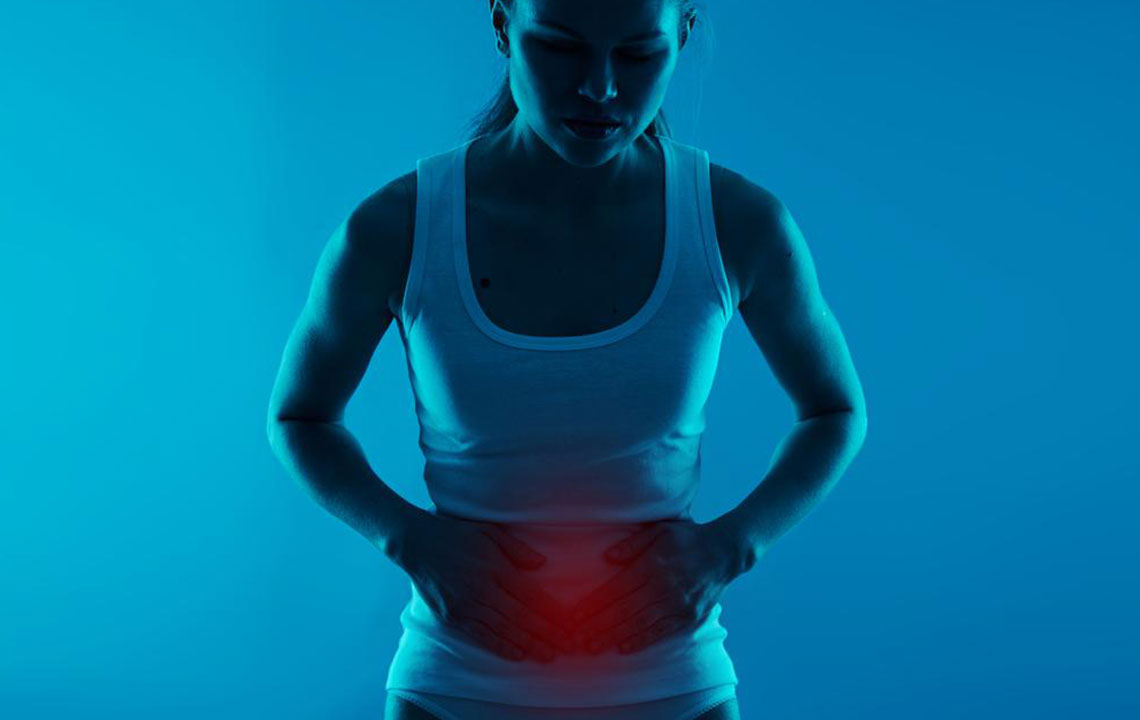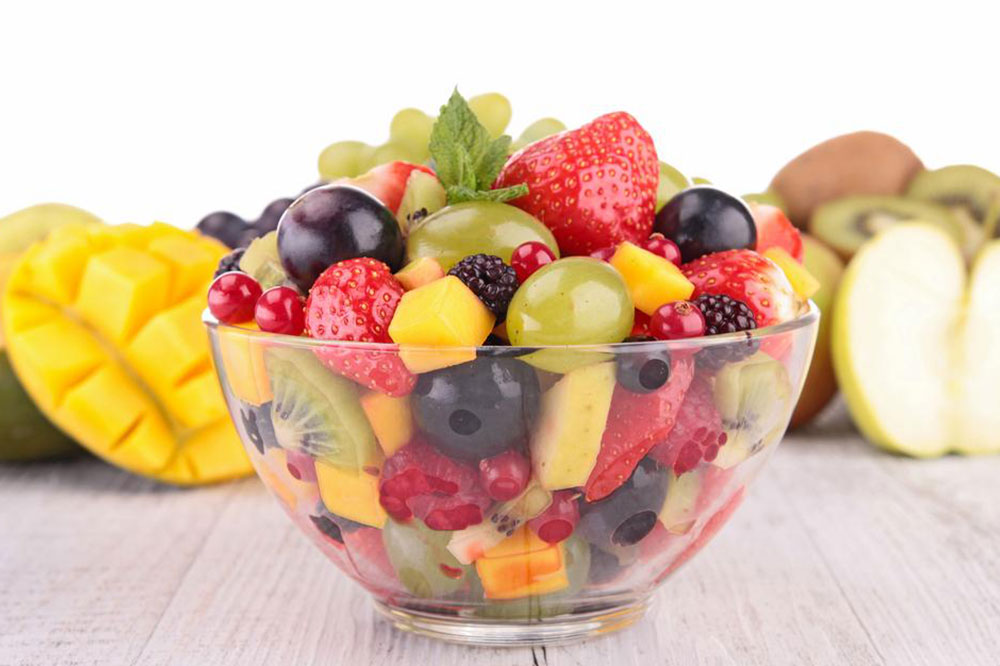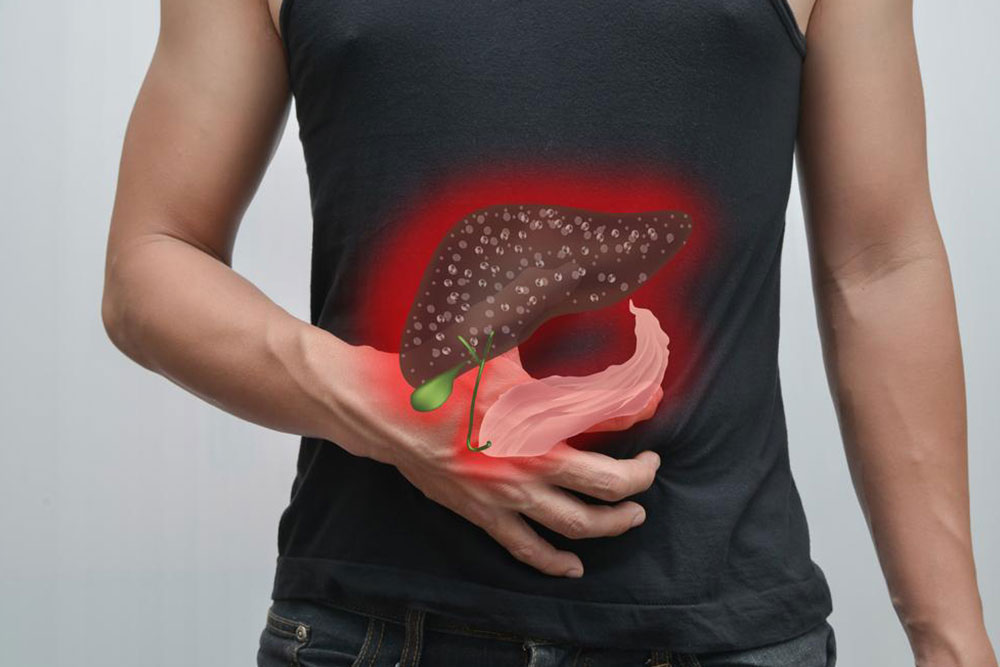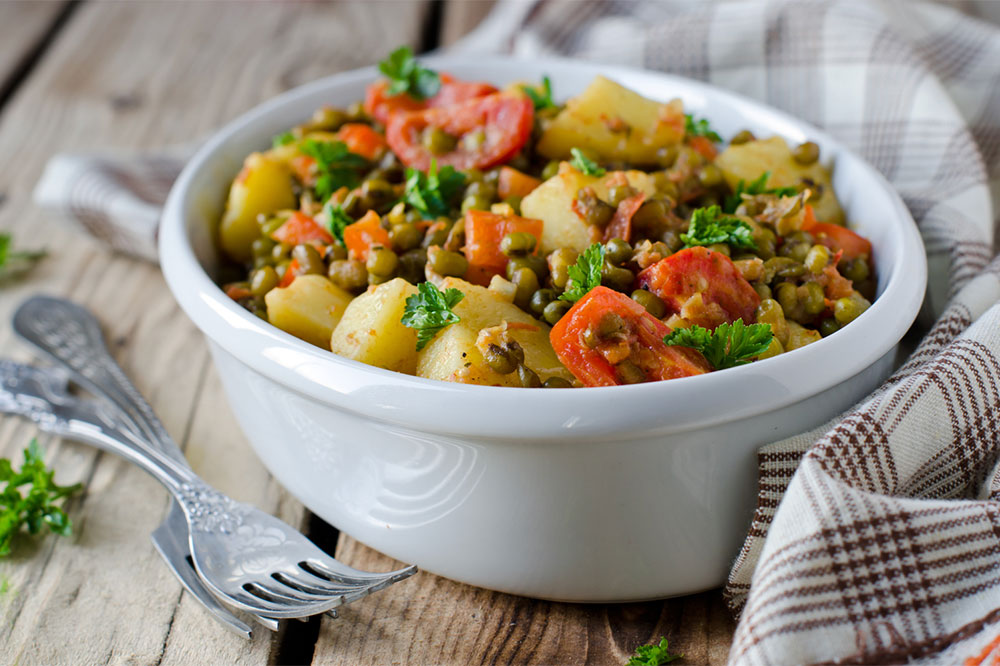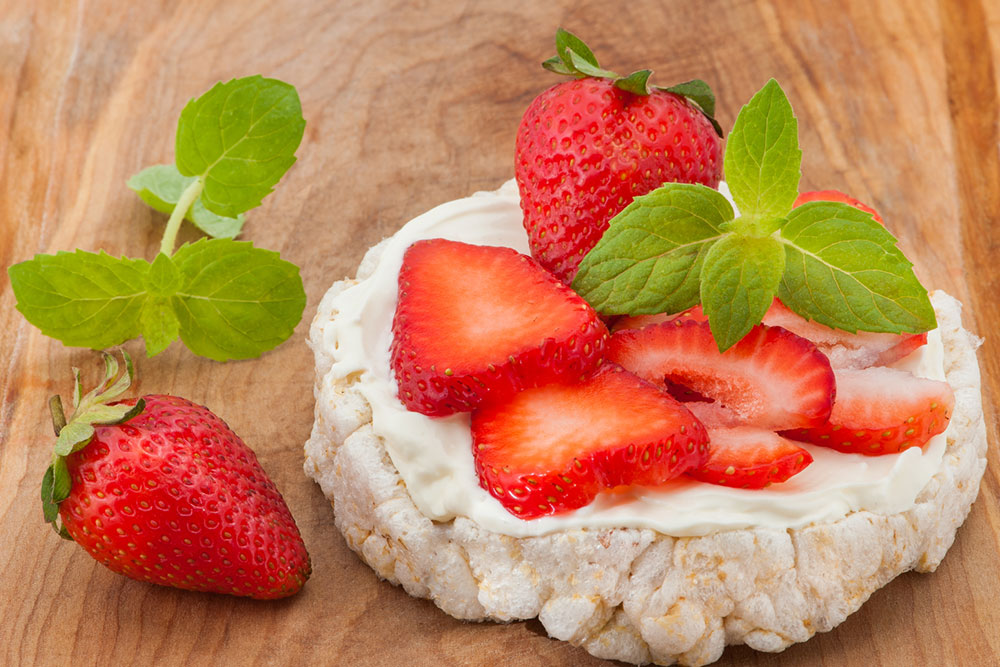Comprehensive Guide to Maintaining a Healthy Gallbladder Through Proper Nutrition
This comprehensive guide explores how proper nutrition and lifestyle choices can promote a healthy gallbladder. From understanding food effects on gallstone formation to post-surgery dietary tips, learn practical strategies to prevent gallbladder issues and support long-term digestive health. Emphasizing fruits, vegetables, lean proteins, and fiber-rich foods, the article offers valuable insights for maintaining optimal gallbladder function and overall wellness.
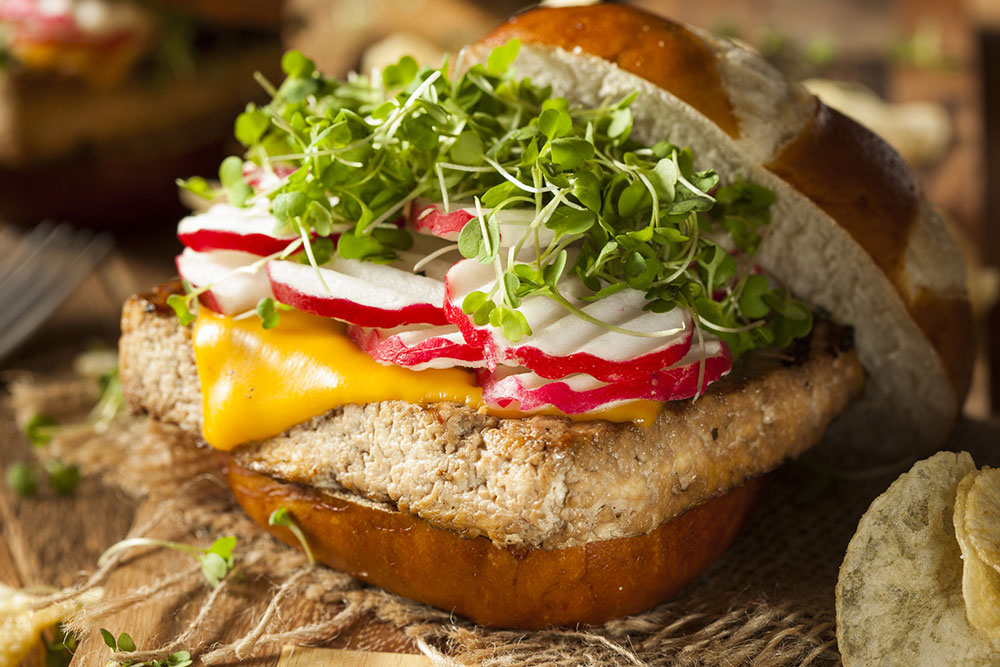
Comprehensive Guide to Maintaining a Healthy Gallbladder Through Proper Nutrition
The gallbladder, a small pear-shaped organ located beneath the liver, plays an essential yet often overlooked role in the digestive system. This tiny organ acts as a storage site for bile, a digestive fluid produced by the liver that aids in the breakdown of fats and absorption of nutrients. Although the gallbladder is not as vital as the liver or kidneys, maintaining its health is crucial for optimal digestion and overall wellness.
In many cases, individuals neglect to pay attention to their gallbladder's health until issues such as gallstones or inflammation arise. Ensuring a diet that supports gallbladder function can significantly reduce the risk of complications like pain, nausea, bloating, and digestive disturbances. Understanding the impact of nutrition on gallbladder health helps in preventing these problems and promoting a better quality of life.
While some gallbladder conditions might necessitate surgical removal, many issues can be mitigated or prevented through mindful eating habits and lifestyle changes. A balanced diet that emphasizes nutrient-rich foods, maintains a healthy weight, and incorporates good eating practices is essential for supporting gallbladder health. Although diet alone isn’t a cure-all, it plays a vital role in reducing the formation of gallstones and alleviating discomfort associated with gallbladder problems.
Understanding How Diet Affects Gallstone Formation
Research indicates that diets high in saturated fats, cholesterol, and refined sugars contribute to the development of gallstones. These dietary patterns increase the likelihood of cholesterol crystallizing within the gallbladder, leading to stone formation. Additionally, being overweight or obese significantly elevates the risk of gallstone development, as excess body fat influences bile composition and flow.
Another key factor is rapid weight loss, such as following crash diets or extreme calorie restrictions, which can cause the liver to release excess cholesterol into bile. This excess cholesterol can precipitate as crystals, gradually forming gallstones. Therefore, adopting steady, controlled weight management strategies is critical for preventing gallbladder issues.
Nutritional Strategies for a Healthy Gallbladder
Proper nutrition is fundamental in supporting gallbladder health. Diets rich in fruits, vegetables, and whole grains provide high levels of dietary fiber, which helps regulate bile composition and prevents stone formation. Including foods rich in Vitamins B and C, as well as calcium, enhances gallbladder function and reduces inflammation.
Plant-based proteins, such as nuts, beans, lentils, and tofu, are excellent choices that promote a healthy digestive system. Incorporating citrus fruits like oranges and grapefruits, leafy greens such as spinach and kale, colorful peppers, tomatoes, and dairy products adds essential nutrients and antioxidants that support gallbladder health.
Fish and shellfish are also beneficial due to their high omega-3 fatty acid content, which can help reduce inflammation. Consuming these nutrient-dense foods regularly can help maintain balanced bile levels and prevent stone formation.
Foods to Limit or Avoid for Gallbladder Health
It’s equally important to be mindful of foods that can exacerbate gallbladder problems. Diets high in refined carbohydrates—such as white bread, pasta, and pastries—are associated with higher risk of gallstones. Excessive intake of saturated fats and fried foods can stimulate the gallbladder to produce more bile, which may worsen symptoms during an attack.
During episodes of gallstone symptoms, fatty foods can intensify pain and discomfort by prompting the gallbladder to contract violently. As such, reducing consumption of vegetable and peanut oils, processed snacks, full-fat dairy products, red meats, and high-fat fast foods is advisable. Avoiding extreme calorie restrictions and rapid weight loss is critical, as these can disturb normal bile flow and increase stone risk.
Instead, focus on gradual weight loss through balanced nutrition and regular exercise, ideally under medical supervision. Adapt your diet to include more soluble fiber sources like oats, barley, and legumes, which support bile solubility and overall gallbladder health.
Post-Surgery Dietary Recommendations
If gallbladder removal surgery becomes necessary due to gallstones or inflammation, post-operative care is vital to ensure a smooth recovery. Initially, patients might experience symptoms like diarrhea or loose stools resulting from continuous bile flow into the intestines. To minimize discomfort and promote healing, it’s important to adjust your dietary habits accordingly.
Focus on consuming small, frequent meals with low-fat content and avoid greasy, processed, or spicy foods. Emphasizing easily digestible foods, such as fruits, vegetables, lean proteins, and whole grains, can accelerate recovery. Adding soluble fiber sources like oats and psyllium can help regulate bowel movements and improve digestion post-surgery.
Monitoring your diet carefully during this period reduces the likelihood of complications and supports the healing process. Over time, a balanced approach combining proper nutrition, gentle exercise, and medical guidance can help restore normal digestion and sustain long-term health.
Maintaining a lifestyle that promotes a healthy gallbladder is not only about avoiding disease but also about embracing overall well-being. Regular check-ups, healthy eating, maintaining a healthy weight, and staying active contribute significantly to preventing gallbladder-related issues and ensuring a better quality of life.

